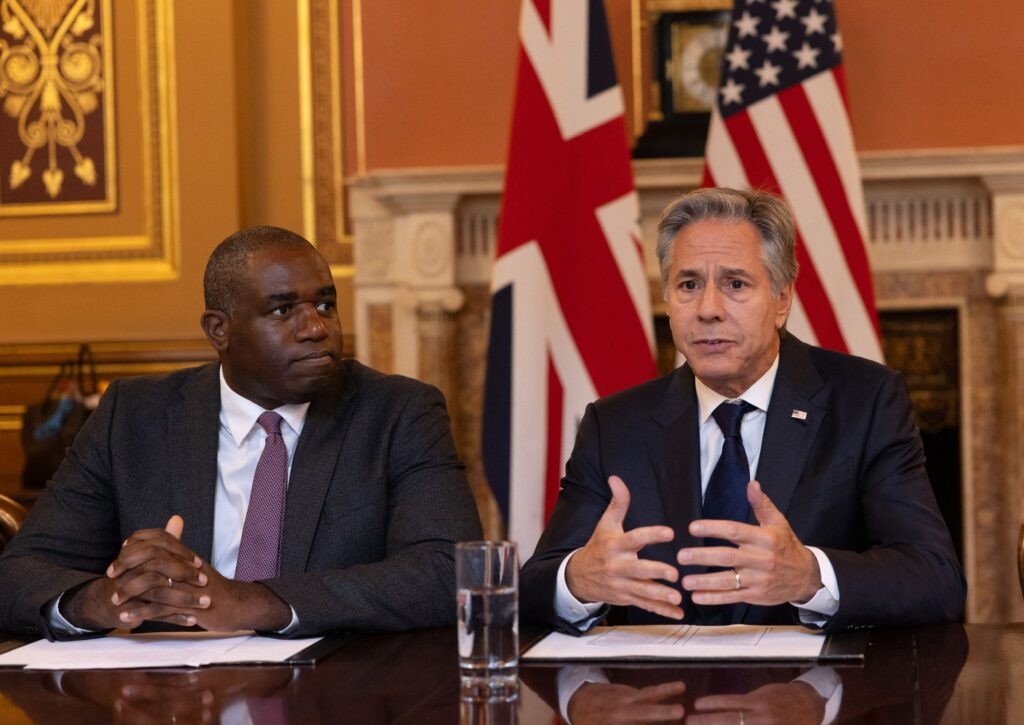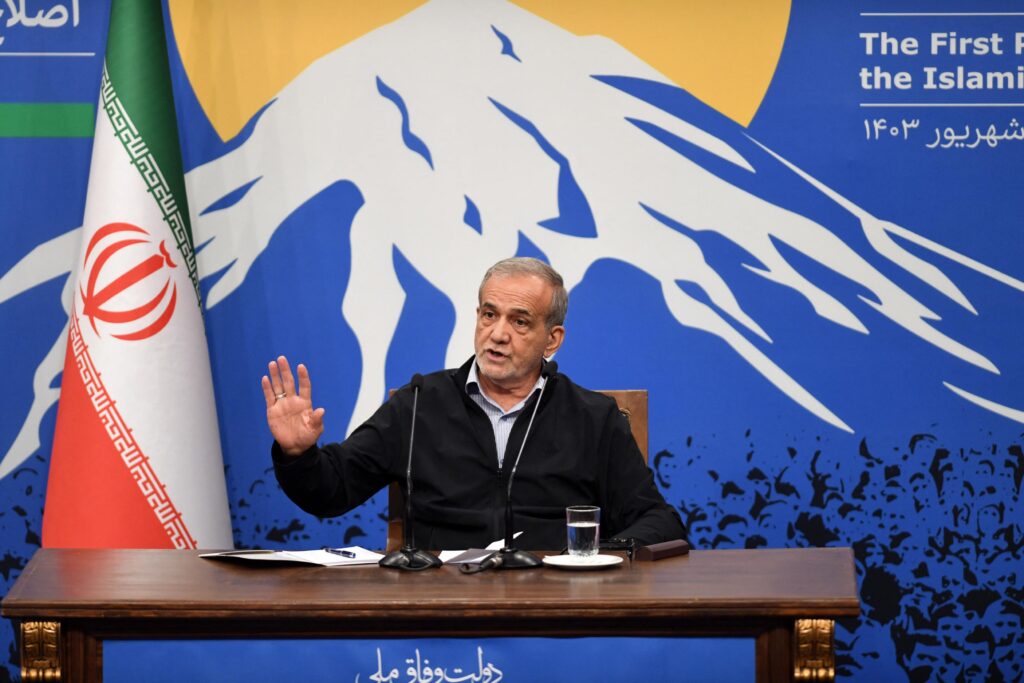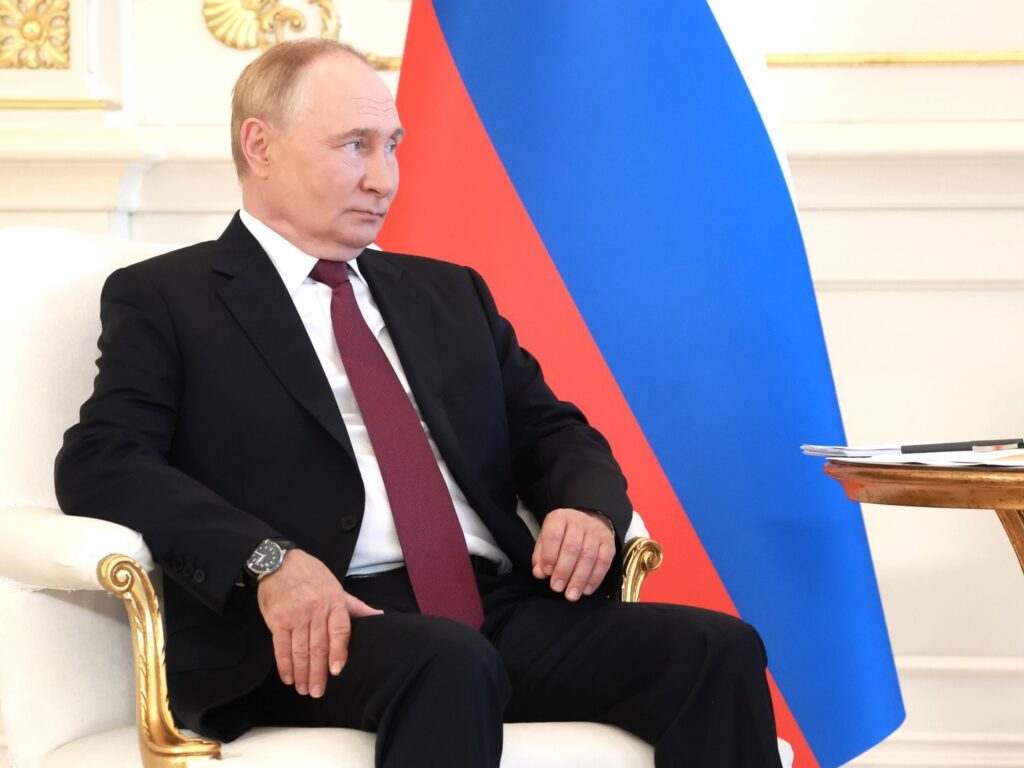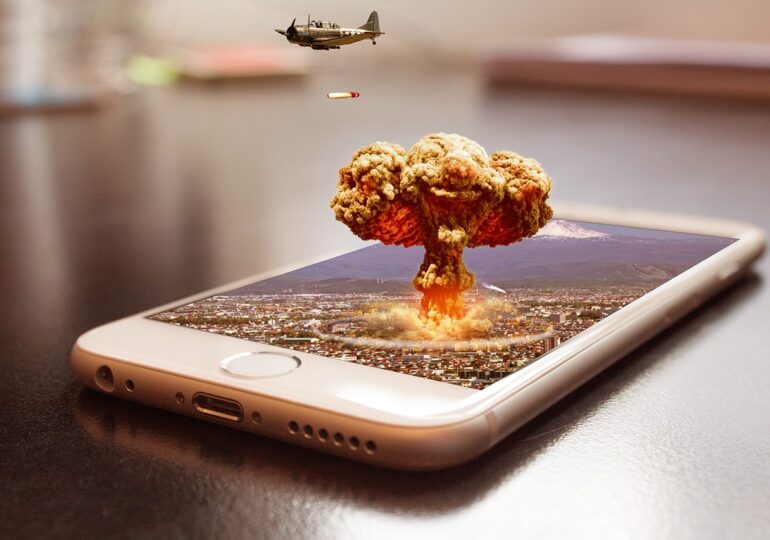An operation likely carried out by the Israeli military killed and injured over 1,000 Hezbollah terrorists, supported by Iran, by blowing up the pagers they used to communicate, most likely using a Stuxnet version that overheated the devices’ batteries.
In 2005, U.S. intelligence services, in collaboration with those of Israel, launched „Operation Olympic Games,” an underground action to compromise Iran’s industrial capabilities to produce the atomic bomb.
For Tel Aviv, preventing Tehran from possessing nuclear weapons is a major security objective, especially as representatives of the fundamentalist regime in Iran act to destroy the state of Israel.

Stuxnet is the first cyber weapon designed to compromise uranium enrichment facilities developed by Iran. In simpler terms, it is a digital virus that, when transferred into the computer networks of Iranian companies in the nuclear field, managed to accelerate centrifuges to destruction, which separated substances from uranium ores to enrich it for use in assembling nuclear bombs.
The operation was successful, with several industrial centers in Iran being destroyed, while Israeli intelligence services carried out other operations to deter Tehran regarding the financing and development of the nuclear program - from monitoring, abducting, and eliminating field experts working in Iran to blocking the acquisition of parts, components, and raw materials from international markets.
At least so far, despite discussions about the means used, the operations have been successful, and Iran does not currently possess nuclear weapons, but this could change following the increasingly intense military collaboration with Russia.
What Does Iran Want from Russia?
A week ago, Antony Blinken, the U.S. Secretary of State, and David Lammy, the UK Defense Minister, stated in London, before an official visit to Ukraine, that Iran had sent ballistic missiles to Russia.
"Russia has received shipments of ballistic missiles and will be able to use them in Ukraine in the coming weeks," said Antony Blinken, quoted by Reuters.

American officials have identified Iranian vessels carrying the missiles and have decided to impose new economic sanctions on Iran.
Additionally, Vladimir Putin is the recipient of over 30,000 Shahed drones produced by Tehran, with which he has targeted objectives on the territory of neighboring countries.
Moscow will not want to transfer weapons to Tehran, which would affect Russia's ability to maintain good relations with Iran's rivals, Saudi Arabia and the United Arab Emirates, potentially leading them closer to the United States and even Israel for support.
Mark N. Katz, Atlantic Council
With the Kremlin's decision to invade Ukraine, Iran and North Korea have become the main sources of armament for Russia.
One of the topics discussed in Washington during the weekend meeting between Joe Biden and Keir Starmer, the British Prime Minister, was about the information that Russia intends to transfer nuclear technology to Iran, so that this country can build its nuclear arsenal.
The collaboration between the two states puts Israel in a complicated situation, as it is forced to act against the new security threat.
Anti-Iran Coalition Strengthens
Western officials have sent messages to Moscow emphasizing that the use of Iranian ballistic missiles represents an escalation of the conflict and will very likely be followed by the lifting of restrictions on long-range missiles provided by NATO countries to Ukraine.

Now, Putin's decision is awaited, and with it, the conflict will undergo significant shaping, both in terms of moving the war further onto Russian territory and in terms of destructive capability.
The new alliance between Moscow and Tehran will have unforeseen effects, one of them being increased pressure on Iran from the U.S., UK, and the European Union. Among the three parties, there were divergences, with European states desiring a more relaxed relationship with Tehran and less severe sanctions.
Iran's support for the Kremlin regime changes Europe's attitude, and if Putin does not emerge victorious in Ukraine, the international political situation will not favor Iran.
Kremlin Must Make a Move
As for Putin, he needs weapons but also aims not to lose all his allies. Additionally, he must be careful not to create new enemies.
Benjamin Netanyahu, the Israeli Prime Minister, took a neutral position regarding Russia's invasion of Ukraine.
The biggest challenge for Jerusalem has been protecting its own citizens, as well as Jewish communities in the neighboring country.
Preoccupied with the conflict in Gaza and the threat of terrorism from Hamas and Hezbollah, the conflict in Ukraine has not been high on the political agenda of the Israeli government.
The situation may change with Iran entering the picture and the possibility of obtaining nuclear technology from Russia.

Putin's decision to use ballistic missiles to strike targets in Ukraine will trigger a chain of political and military effects with unpredictable consequences, but which could turn against the Kremlin.
The Russian leader has always played high stakes, hoping his adversaries would be scared and not follow him.
Although many commentators say that the U.S., UK, and Germany are afraid to give the green light to Ukraine to use long-range missiles, the reality is, according to official statements, that we are facing a waiting period for Putin's move and nothing more.
In the coming weeks, the Kremlin's response will come as to whether it will escalate the conflict in Ukraine or seek a delay in an attempt to gain time until after the U.S. elections.

